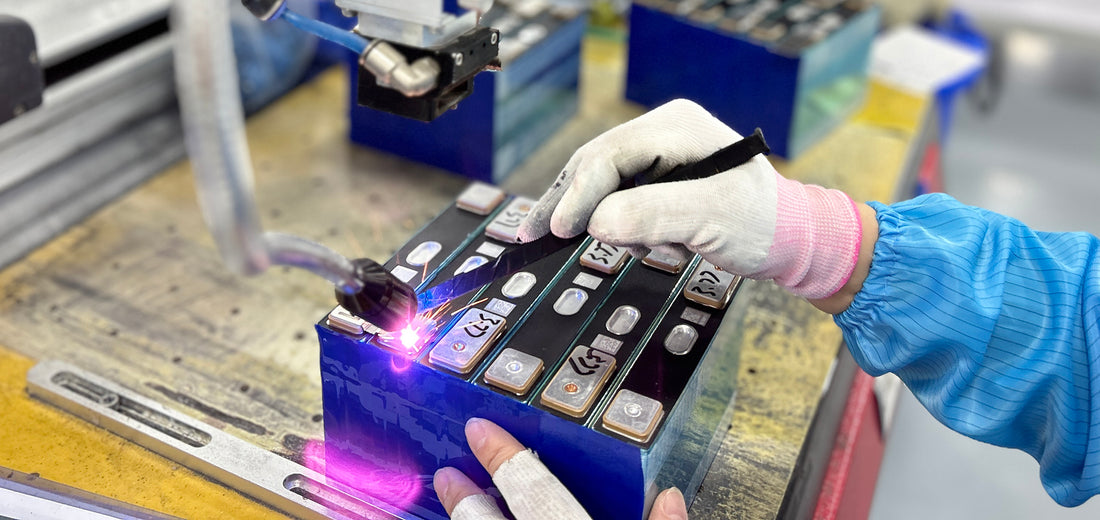With the rapid development of technology, LiFePO4 Battery as a high-performance and high-safety battery type, are gradually becoming the preferred choice in fields such as electric vehicles and energy storage systems. This article will delve into the safety of lithium iron phosphate batteries, analyzing their advantages and measures to address potential risks.
Chemical Stability:
Lithium iron phosphate batteries use lithium iron phosphate as the positive electrode material and lithium titanate as the negative electrode material, with the electrolyte typically being an organic solvent. Compared to traditional lithium batteries, the structure of lithium iron phosphate batteries is more stable, contributing to a lower probability of unexpected accidents in various working conditions and enhancing their safety.
High-Temperature Stability:
Lithium iron phosphate batteries exhibit excellent performance in high-temperature environments, with a lower risk of thermal runaway compared to other types of lithium batteries. This characteristic is particularly crucial in electric vehicles, where high temperatures pose a potential risk to the battery. In high-temperature conditions, the chemical reactions in lithium iron phosphate batteries remain relatively stable, significantly reducing the risk of explosions or fires.
Long Lifespan and Cycling Stability:
Lithium iron phosphate batteries have a longer lifespan and good cycling stability. Their cycle life can typically reach thousands of cycles, making them more reliable in practical applications. This extended lifespan reduces the frequency of battery replacements, thereby minimizing potential operational risks compared to other battery types.
Conclusion:
Lithium iron phosphate batteries with their outstanding safety performance, have become a preferred choice for electric vehicles and energy storage systems. However, to ensure their safe operation, a comprehensive approach is needed, incorporating advanced battery management systems, temperature control technologies, and physical isolation measures to enhance the overall stability of battery systems. Looking ahead, with ongoing technological innovations, it is expected that the safety of lithium iron phosphate batteries will continue to strengthen, providing more reliable power support for clean energy applications.

